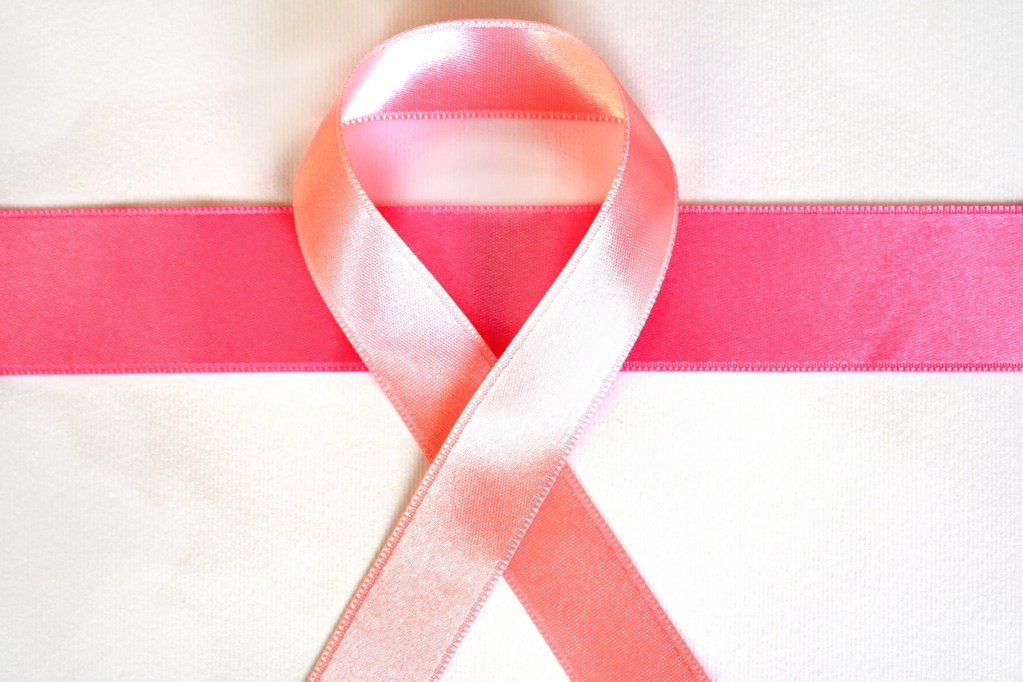For cancer patients, it helps to be married. A statistical study of 750,000 patients reported in the Journal of Clinical Oncology showed that marriage made almost as big a difference in survival as chemotherapy. Over five years, those who were married were 20 percent more likely to be alive at any stage of the disease. They were also 50 percent more likely to get the best care. But that change in the odds can come at a huge cost to the spouse, who is largely invisible and taken for granted by the cancer care system.
The role of the spouse is particularly obvious with women’s breast cancer. It’s a disaster for the woman who receives the diagnosis. She’s facing chemo, radiation, surgery, and the emotional challenges of the existential threat to her life. But as a researcher has remarked, “Breast cancer is a disease of couples.” The male partner’s world is turned upside down, too.
As a breast cancer husband, I’ve seen and experienced what happens when men are plunged into the caregiver role. When all this happened to me, I knew there was a lot to do, and it was important for me to do it, but I didn’t know what or how or when. I looked around for support and found precious little. I’m pretty sure I had what one of our doctors calls the “deer in the headlights” stare.
I discovered my role in our family had changed in the blink of an eye. While her job was to endure her treatment, I became responsible for her care in every way, medical, physical, and emotional. I went to medical appointments and helped her manage medications, research and manage the medical system. I became responsible for most or all of the practical duties — child care, cooking, cleaning, on and on. And, somehow, I had to stay positive, responsible for my own self-care, upon which so much else depended.
It was hard. Men are different from women. Most of us are stoic problem solvers. We are taught to fix whatever comes along and never disclose our feelings. But we can’t fix cancer, and that leads to feelings of terror, anger, and grief that we can’t disclose — certainly not to our wives who are sick, or to casual buddies, or even family. The result can be a horrible isolation.
My wife and I go to see her oncologist, Dr. Julie Taguchi, every six months. Thank God, my wife has been cancer-free for four years. At one of those appointments, I floated an idea — how would it be if husbands had some support? Dr. Taguchi was enthusiastic; she’s seen the need for some kind of support for spouses over decades in her practice. I began investigating how to do that.
It took over two years, but I’ve managed to establish a support group for husbands and partners of breast cancer patients. The group meets twice a month at the Santa Barbara Breast Cancer Resource Center (the first and third Thursdays of each month, 5:30-6:30 p.m., at 55 Hitchcock Way, Santa Barbara). The group is moderated by Michael Vogel, LMFT, a licensed therapist who volunteers his time.
For the men who come, the group offers an opportunity to share the felt quality of disaster with some people that “get it,” about what it is to have this burden thrust on you.
The results have been amazing. The men who’ve come have talked about their feelings. They’ve shared their challenges in getting good care, their fears about their wives’ health status and prospects for the future, their experiences with doctors and the medical system, their feelings about their wives and having to watch them suffer, and much more.
This kind of support group for men is very rare. There are only a handful of similar programs across the country. I am grateful to the Santa Barbara Breast Cancer Resource Center for leading the way, as well as the Santa Barbara Ridley-Tree Cancer Center. They both offer an educational programs for caregivers, spouses, and family, and the Cancer Center supports patients and families with all cancer diagnoses. Together, these programs put Santa Barbara on the cutting edge nationally in care for the caregiver.
We don’t have studies, statistics, proof that our group does the men any good. We do have our subjective impressions and the comments of the men themselves. Those are enough to make us passionately believe that we’re on the right path, that we’re helping men who are helping their wives stay alive.
It’s such a simple thing. We hope that this idea will take root in other places and that the men who so dramatically change the odds of their wives’ survival will find help and comfort, and the strength to do even more.
Men who would like to attend the group can contact me at sbeditor@cox.net, or simply walk in.

